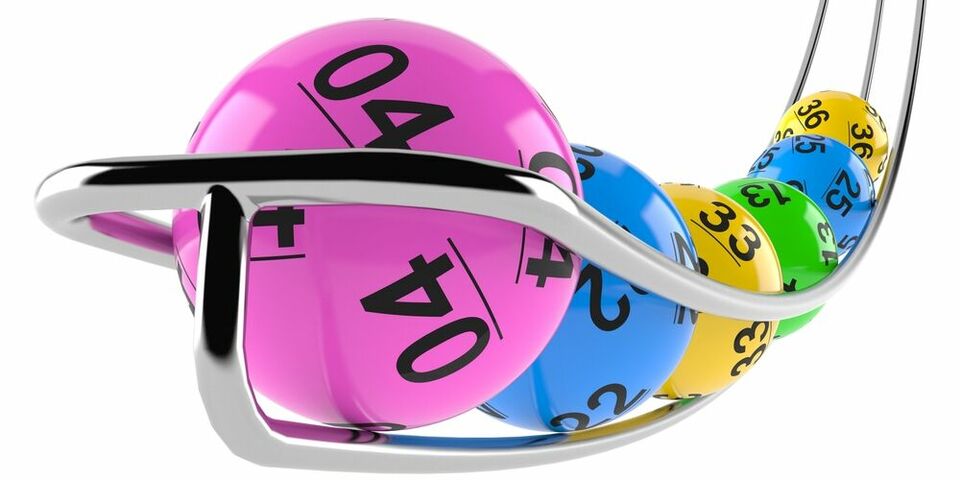Raising intake limits appears to be having an effect
At all six of the TU/e programs for which a ceiling on student intake has been set for the coming academic year, the number of advance registrations has exceeded the limit. At Biomedical Engineering, where the advance registrations number 281 and the limit stands at 275 first-years, this margin is minimal. But at Computer Science & Engineering registrations have shot up to 703, while the program has places for at most 275 newcomers. But the step taken by the Executive Board in early December to raise the limits does seem to be having an effect.
Rob Debeij, Managing Director at Biomedical Engineering, told Cursor as recently as early December that his department had been ”pretty surprised by” and “not pleased with” the low intake for this academic year. Only 155 first-years started at BMT in September 2018, considerably fewer than in previous years. For this academic year the limit was set at 225 first-years, but of the 243 who registered in advance, 67 did not eventually turn up.
For the coming academic year, the limit was raised to 275 first-years and advance registrations exceeded that number by six on Tuesday January 15th, the last day that prospective students could register in advance for a program with a ceiling on student intake. It looks likely that BMT will not reach its limit of 275, but the final intake in September will certainly exceed this year's number.
This at least is the view of Professor Lex Lemmens, Dean of the Bachelor College. "You also have to remember that we are working with the maximum capacity that a program can manage. The limit is based on that figure, which we take and increase by ten percent," says Lemmens. "So it's no bad thing if a program doesn't reach the limit. Anyone sitting ten percent below that is actually at maximum capacity."
Effect
At Computer Science & Engineering the number of advance registrations has risen sharply compared to last year. Back then, with the limit for the academic year 2018-2019 set at 250, there were 548 advance registrations, but at the end of the day only 187 first-years took their seats in the lecture theater.
Now, with a higher limit of 275, 703 advance registrations have been received, with foreign registrations notably accounting for 449, and it seems likely that Computer Science & Engineering will come much closer to its limit. For this program more than any other, the Executive Board's step of raising the limits in December seems to have had an effect.
At Industrial Design and Industrial Engineering and Management Sciences the effect is less evident. ID, now with a limit of 180 (was 150), saw the number of advance registrations rise from 328 to 345. At Industrial Engineering and Management Sciences the rise in advance registrations has been from 328 to 340, and there the limit has been increased from 250 to 275. Incidentally, in keeping with the trend, neither of these programs reached their limit for this academic year.
English-taught
The two programs for which a ceiling on student intake will apply for the first time this coming academic year, Architecture, Building and Planning and Mechanical Engineering, naturally saw a strong increase in their advance registrations compared to the situation this time last year. Now prospective students were required to register in advance for these programs before January 15th; last year they had until May 1st. Architecture, Building and Planning received 546 advance registrations and has set the limit at 275. At Mechanical Engineering the counter stopped at 531 advance registrations, while there are places for 330 first-years.
According to Lemmens, it certainly makes a difference that Mechanical Engineering is running an English-taught Bachelor's this coming academic year, and this is also reflected in the origins of the students who have registered in advance: of the 531 prospective students, 208 come from abroad. "It's also a factor at BMT," says Lemmens. "Their Bachelor's is still not fully English-taught. So they've had hardly any foreign advance registrations."
Remarkably enough, to date 134 prospective students have submitted advance registrations for Applied Physics, while last year this number stood at no more than 43. According to Lemmens, the earlier announcement that a ceiling on student intake might also be imposed on this program may well have prompted people to go ahead and register in advance. "But it could equally be that this program is seeing strong growth and that through to May 1st, the final date for advance registration, it will gain even more prospective students," says Lemmens.
Warmer welcome
The university is still looking into why this year the final intake on programs with a ceiling on student intake fell so far short of the limits. According to Lemmens, this study is not yet complete, but he can already say that many of those who didn’t make use of their advance registration did not have the TU/e program as their first choice. "We heard in effect the same story from those students who did come to TU/e: the TU/e program was their first choice." In addition, Lemmens is keen to see those who make it through decentralized selection receive a warmer welcome, "so that they are more inclined to come to Eindhoven."


Discussion